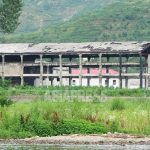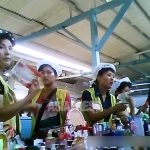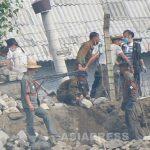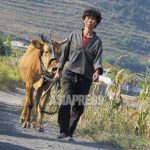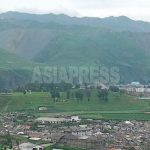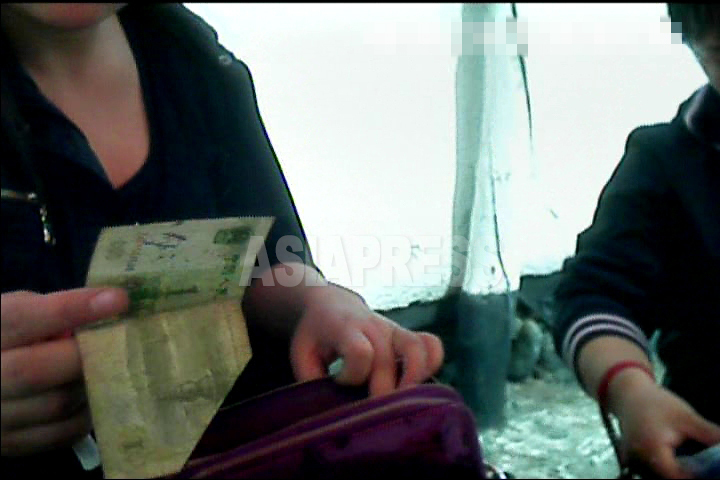
The real exchange rates for the Chinese yuan and the U.S. dollar continue to rise inside North Korea. According to a survey conducted by ASIAPRESS, the exchange rate of the North Korean won to the dollar more than doubled from 8,500 won to the dollar at the beginning of 2024 to 17,200 won at the beginning of September. During the same period, 10 yuan rose from 12,600 won to 22,000 won, an increase of 1.75 times. What's the reason? A reporting partner in North Korea explained. (ISHIMARU Jiro / KANG Ji-won)
◆ Warning of Confiscation for Individuals and Businesses Using Foreign Currency
While North Koreans once commonly used foreign currency, even to buy tofu from street vendors, regulations have tightened since around 2019.
In late April this year, a stern warning was issued on behalf of the Ministry of Social Security (the national police agency) that all foreign currency would be confiscated if used by individuals or businesses.
Recently, there have been reports of currency exchangers being sentenced to 2 years of "re-education" (imprisonment), which has completely suppressed the use of foreign currency by ordinary residents.
So why is foreign currency continuing to rise? The reporting partners had different opinions. Reporting partner A, who lives in North Hamgyong Province, said:
"Now there are few residents who even have foreign currency, so there are hardly any real transactions. The foreign exchange market itself has completely shrunk due to the strict crackdown. Hasn't the exchange rate become meaningless?"
A believes that the increase in foreign exchange is superficial and that transactions have stagnated.
◆ "Severe Foreign Currency Shortage is the Cause of the Rise"
On the other hand, reporting partner B from Ryanggang Province has a different view. A trader with ties to the donju, or wealthy entrepreneurial class, B says that while it's true that the use of and transactions in foreign currency have declined sharply due to the crackdown, transactions between the donju and foreign currency holders continue.
"I think the severe shortage of foreign currency is the cause of the increase. The value of the won continues to fall," said B.
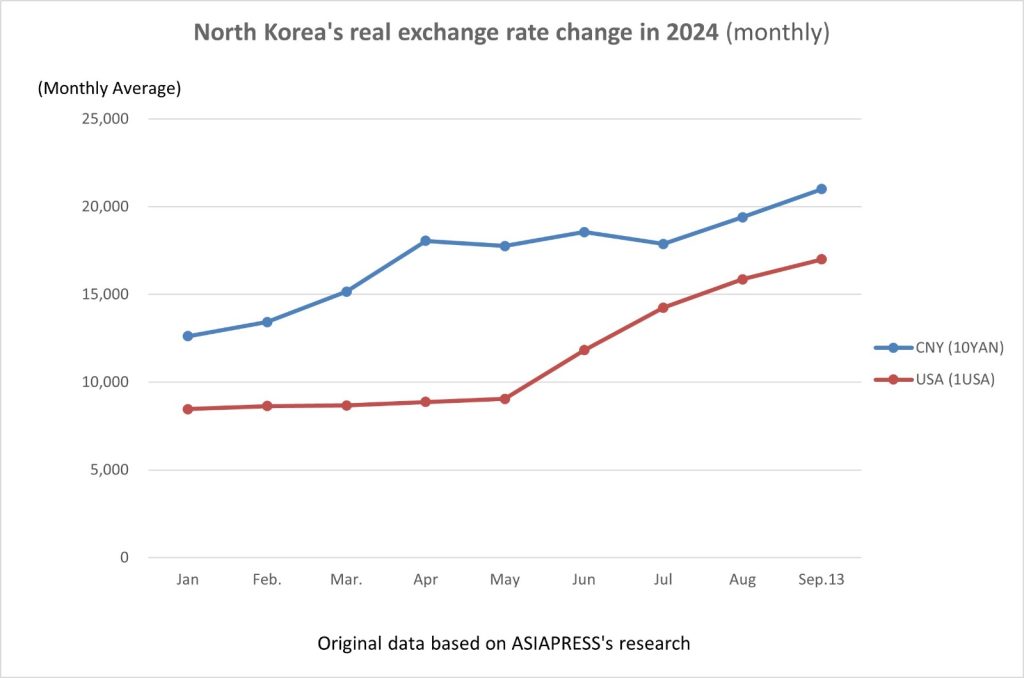
B points first to the sharp decline in the country's foreign currency income, which hasn't recovered. North Korea's main source of foreign exchange used to be commodities such as coal and iron ore, along with seafood. Most of these exports were banned with the tightening of UN Security Council sanctions in 2017.
Even after the resumption of trade in August last year, which had almost stopped due to the pandemic, exports of underground and marine resources remain sluggish. There's no prospect of foreign currency coming into the country.
"Donju, who don't trust the North Korean won at all, are still desperately trying to keep foreign currency and collect more. As the circulation of foreign currency decreases due to the crackdown, the value of the North Korean won continues to decline."
◆ The Structure of Export Slump Remains Unchanged
On paper, North Korea's trade with China is recovering rapidly. Exports to China from January to August 2024 totaled $227,418,000, surpassing the full-year export value of $215,197,000 in 2019, before the pandemic.
The top export item through August this year was "wigs and other hair products," which are not subject to sanctions, accounting for more than 57 percent of the total at $130,025,039. This involves buying raw materials from China, making finished products, and exporting them back to China, also known as contract manufacturing.
<Inside N. Korea> Wigs, fake eyelashes emerge as a driver of exports abroad, but laborers work in very poor conditions
As exports increase, so do imports of raw materials. As of August this year, imports of "processed human hair, wigs and similar articles of wool, etc." as raw materials amounted to $115,494,703. A simple calculation shows a surplus of $14,530,336 after the cost of raw materials, but this is only 11% of the export value of "wigs and other hair products." We can see that while the face value is large, the profit is small.
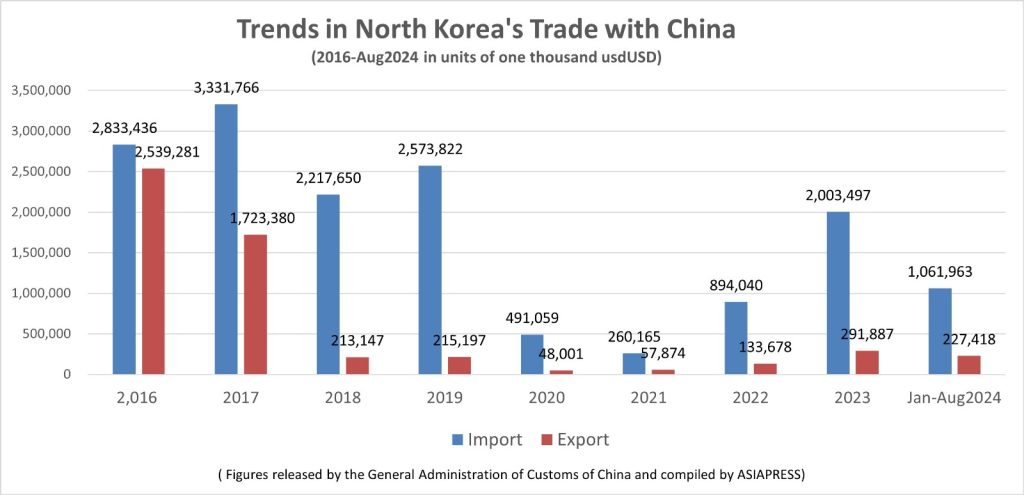
Moreover, B says that even this contract manufacturing profit does not enter North Korea as foreign exchange.
"The profits from contract manufacturing are coming into the country as construction materials and food in kind, not in cash, so the shortage of foreign currency will continue for the time being."
B also said, "Donju are really unhappy that Kim Jong-un is not trying to get foreign support for the floods that occurred in the northern region at the end of July. This is because materials need to be imported for the reconstruction work."
◆ Underground Remittances Also Delivered in Won, Not Foreign Currency
Due to the Kim Jong-un regime's tight control over the use of foreign currency, even the remittances sent by North Korean defectors in South Korea and Japan to their families in North Korea through brokers are changing.
Originally, remittance brokers would deduct a commission and deliver cash in Chinese yuan or U.S. dollars to families in North Korea, but according to B and several other reporting partners, they are now exchanging and delivering the equivalent amount in North Korean won.
The reason for this is that if they are caught using foreign currency, the source of the acquisition is strictly investigated, leading to an increasing number of cases where even brokers are implicated and caught. On August 12, a person who received Chinese yuan from a defector's family was caught trying to spend the money, and the defector's family and the broker were all detained.
※ ASIAPRESS communicates with its reporting partners through Chinese cell phones smuggled into North Korea.
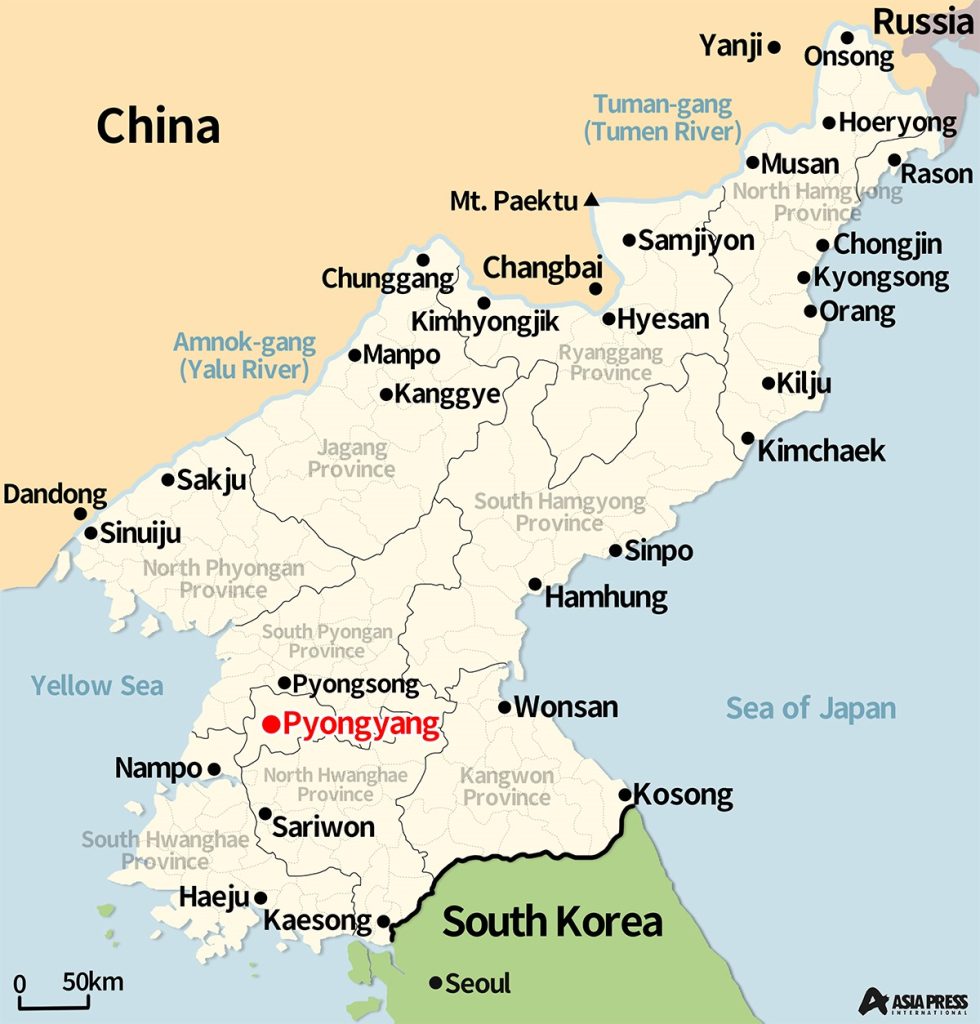
- <Lighting Up N. Korea's Four Dark Years> (1) Almost the Only Escape Route -The New Generation ‘Donju’ Who Crossed the Sea Tell About COVID-19, Chaos, and Social Change
- <Inside N. Korea>Heatwave Grips North Korea: Residents Sleep Outdoors Amid Lack of Air Conditioning and Power Shortages
- <Inside N. Korea>The Expansion of Card Payments: Realities and Reliability? (1) Wages paid by card, which can also be used in state-run stores and markets
- <Inside N. Korea>Decreasing number of train riders leads to fall in train services…government focuses on using trains for freight transportation
- <Interview with a N. Korean Woman>What was happening in the spring of 2024? (1) Who is starving and why?
